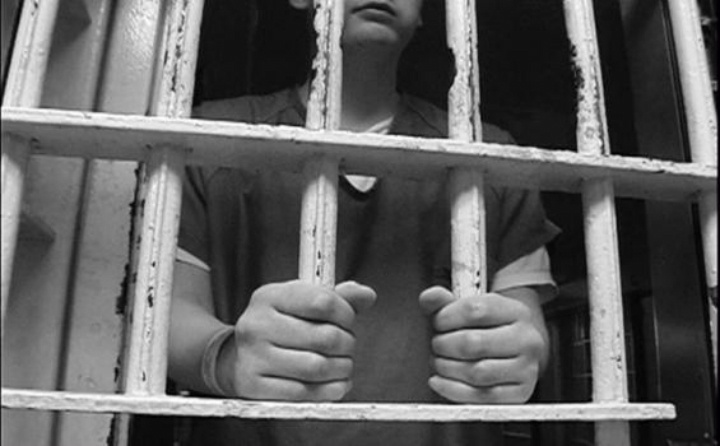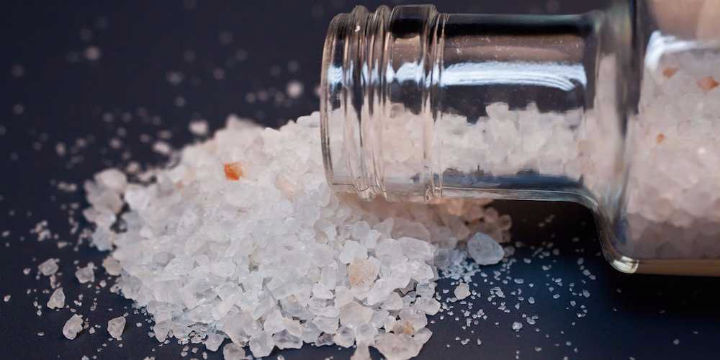Indonesia’s war on drugs continues, with the Head of the National Narcotics Agency Budi Waseso revealing that at least 50 percent of narcotics in Indonesia are distributed from drug rings based in the country’s prisons and other correctional facilties.
Waseso made the claim during a public destruction of evidence, including 28.7 kilograms of methamphetamine and 167 ecstasy pills, at the National Narcotics Agency headquarters in East Jakarta on Thursday, June 15.
“I dare say today that 50 percent of narcotics distributions are controlled from inside correctional facilities,” he said.
Investigations have found it is possible officers are involved in the distribution, but have not yet uncovered enough evidence for the National Narcotics Agency to issue warrants.
“We will see, if officers in correctional facilities are involved in drug networks or they are merely users,” Waseso said.
Of all prisoners in facilities, 70 percent were jailed for narcotics crimes. With such a high number of drug criminals, the agency has proposed a security system overhaul with the help of the Ministry of Justice and Human Rights.
See: BNN Suspects ‘Zombie-Like’ Drug Has Entered Indonesia
“The modus operandi that needs to be solved is not only from the people involved, but also the system. If officers who are involved get fired and replaced, the problem might still persist. It will persist as long as the system is bad,” Waseso said.
Overcapacity of Indonesian prisons has been an issue recently, including a high profile mass breakout in Pekanbaru, Sumatra, but Waseso denies this has influenced drug trade. He maintains the prison system offers treatment for drug offenders.
A recent raid in East Jakarta’s Cipinang correctional facility found drug convict Haryanto Chandra with a cell full of contraband. Corrections staff found an LED television, air conditioner, WiFi, a CCTV camera, food menus, a bank token, a fish tank, five cellular phones and several other electronic gadgets.
Special treatment for drug dealers can see the convicts maintaining distribution rings and continuing transactions from behind bars. Waseso hopes the government introduces reforms to the corrections system so all prisoners are treated equally.
In early June of this year, the Indramayu-Majalengka drug syndicate was found with around 58 small packages of meth supplied from the Indramayu Correctional Facility. Earlier in May a narcotic bunker inside a correctional facility in Medan highlighted the widespread issue.
Meanwhile, police arrested five suspected drug dealers in Denpasar, Bali, for possession of 16 grams of meth and 21 ecstasy pills. The suspects confessed to having purchased the drugs from an inmate of the Kerobokan Correctional Facility.
Image credits: Postmetro





